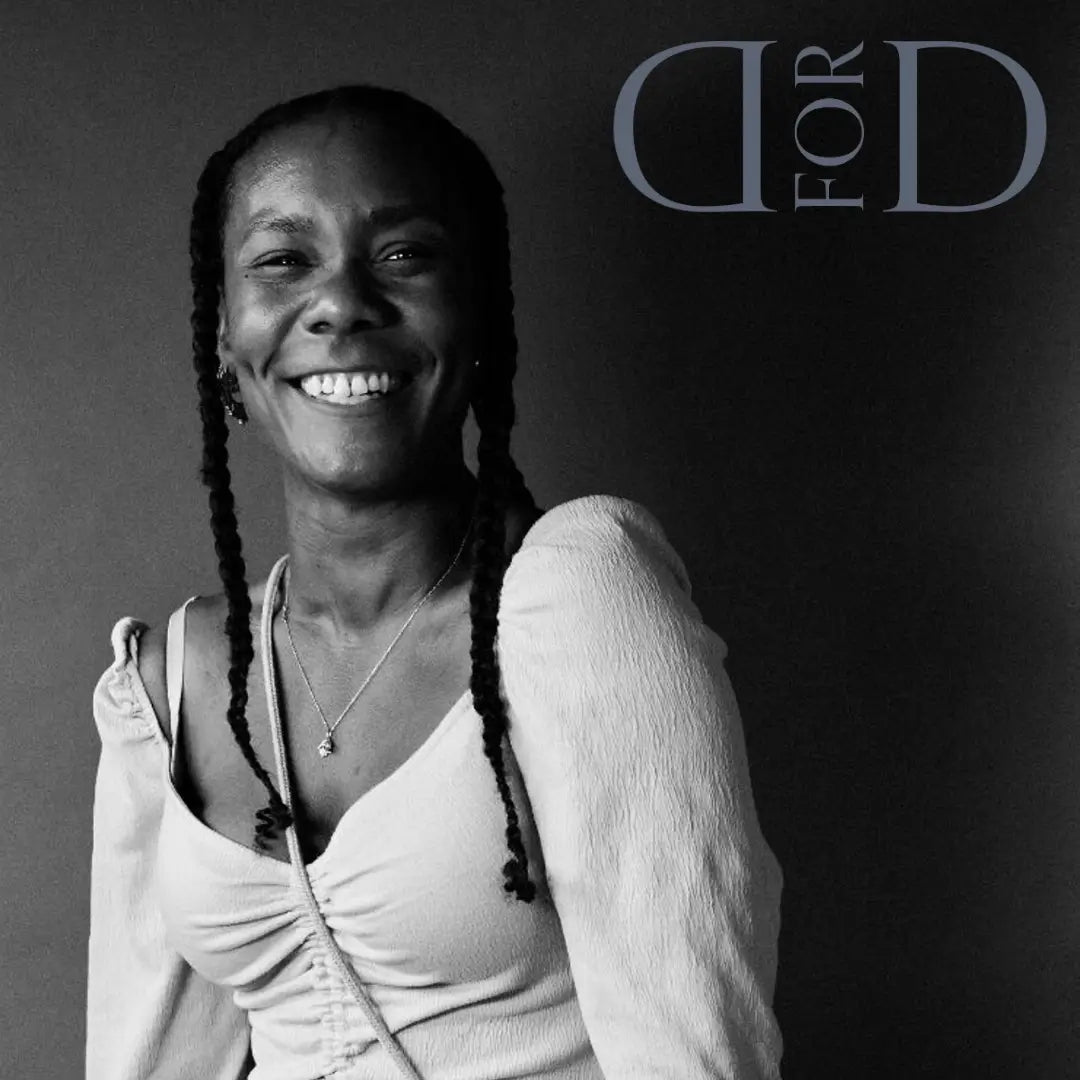Reading Time: 5 minutes
By Sally Rickard:
I wanted to explore mixed-feeding (in this case meaning feeding your baby both breastmilk and formula milk before 6m old) as a topic for a long time. Much to my surprise, I received tons of messages. Mums opened up not only about what had happened and why, but also shared the emotions about introducing formula at the time as well as their reflections of the experience (both positive and negative).
This blog is actually mostly highlighting the voices of these mums and their accounts. Along with it, I add facts for clarity as the parents’ comments are not always in-line with the latest evidence-based guidance. As an IBCLC, I’m proud to support all families to reach their infant feeding goals, including when they aim to mix feed or even stop breastfeeding!
How did mixed feeding start?
Many people described a situation in the early days where formula was recommended by health professionals leading to the beginning of their mixed feeding journey:
“…within hours of birth at hospital because of low blood sugar & jaundice. The speed with which the medical staff recommended it surprised me and also removed any stigma I had about formula - it was clearly best for him at that point as a combo with breastfeeding”
“At one point, a nurse kindly said, 'we need to get your daughter's weight up so she gets better, so we are going to need to feed her some formula'. …it was very clear that a fed baby was the most important thing at the time. I had always wanted to breastfeed, but had been open to the idea of bottle feeding, but it hadn't really occurred to me whether I would use formula. This early intervention absolutely removed any shame or concern I may have had about my daughter having formula and I've not for one second regretted this situation. I know lots of mums who felt guilty when they had to turn to formula for a multitude of reasons, but for me I felt like I'd been given such a clear reason to supplement my daughter's feeds with formula that it took away any guilt.”
“It happened to me. I had to start formula feeding since the baby was 5/6 days old. Baby lost more than 10% of her weight so I had to start formula. Wasn't a choice. I would prefer just breastfeeding but unfortunately I wasn't producing enough breast milk.”
One mother described having pre-conceptions that breastfeeding would not be enough or wouldn’t be possible:
“I didn't actively plan to mix feed, but I was certainly prepared to, as I knew my mum had really struggled with breastfeeding due to inverted nipples, and a friend who'd given birth a few months ahead of me had struggled terribly with painful feeding early on.”
How was the experience with mixed feeding?
Regardless of the reasons for starting mixed feeding, many families were ultimately very happy with the positive benefits of the experience:
“I have become more grateful to be able to swap between bottle and breast and to find expressing easy (ish - just finding the time is hard) having heard stories of people really struggling, so I now joke while it was horrid at the time I'm now quite pleased to have that option and for my baby be so adaptable. Pro's are the flexibility, having the option to give a bottle at any time is brilliant. It means I can get out and do things and it gives other key players in baby’s life the opportunity to have that bonding time with him”
“He started having one big bottle of formula every day. And that would be a dream feed. And it did the job like he would usually sleep through until 2am.”
Some felt they were not alone in the feeding journey as partners, parents, etc could contribute:
“This time it was so that I could have a break and get some uninterrupted sleep in the mornings and my husband or mum could feed him.”
“Felt much less alone when the infant feeding team taught both my husband and I how to bottle feed. It was a relief it wasn’t all on me and showed how mixed feeding could help bring in my husband more “
Many families described negatives around the practicalities of mixed feeding:
“Lack of clear guidance on formula portion sizes when combi feeding (realise this is super hard given how much breast milk baby takes on is unknown). Sterilising is a MASSIVE hassle and the pre-made 200ml milks we were buying were expensive (but super convenient)”
“I don't really feel like there have been any cons apart from, you know, having to sterilise bottles. And buy formula, you know, we were lucky that we only do one bottle a day. It's a big tub that will last a really long time.”
“The time to prepare and the extra money is a bit too much.”
Few of them felt judged for choosing mixed feeding:
“I was devastated that I didn't have enough milk. No matter what I did. I ate fenugreek, oat, malt beer, different tea... Loads of water!!! Nothing worked… My milk totally stopped when she was 7 months old. I wasn't kind to myself that I failed to produce milk as well as falling pregnant naturally or giving birth naturally… At the end of the day you just blame yourself. Especially when your hormones are all around and you don't even know where you are''
“I think it's really important to share stories of successful mixed feeding, as it was rarely talked about when I was pregnant, so I didn't have any role models showing me how it might work!”
My comments:
When it comes to being prescribed formula by medics:
Every case is unique, but to be told you need formula for a baby with low blood sugar or jaundice is actually unlikely to be in-line with the latest guidance. For hypoglycemia, skin-to-skin contact and dextrose gel is recommended as a first-line treatment. For jaundice, studies show that babies can be regularly removed from the phototherapy lights to be breast fed with no detriment to outcomes.
Donor milk would be ideal if there was a milk bank but unfortunately this is rare in the UK for donor milk to be provided for babies except those who are extremely ill or premature.
According to La Leche League, the World Health Organization hierarchy of what to feed infants is, “breastfeeding first; expressed mother’s own milk next; milk from a healthy mother next, then pasteurised donor milk, then manufactured formulas that are regulated by Codex Alimentarius”.
I do not blame the families at all in these situations for following the advice of medics - being told your newborn is ill and needs a certain treatment. Of course parents will follow suggestions of their health care team. And there are situations where formula is necessary and indeed saves lives.
Breastfeeding and benefits:
Any amount of breast milk feeding is amazing and should be celebrated.
There is no doubt that breastfeeding has its benefits, both for the baby and the mother. It’s commonly quoted that every teaspoon of breastmilk has 3,000,000 germ killing cells in it and mixed feeding does remove some immune protection in comparison to exclusively breastfeeding. Moreover, many of the benefits of breastfeeding are dose–dependent, for instance, there are dramatic differences in the risk of diabetes among mums who breastfeed for only a month compared to those who don't breastfeed at all. And protection from post natal depression is proven to be significantly higher for those who exclusively breastfeed.
Parenting is all about adapting and changing gears as and when required:
I always like to tell new parents that their parenting journey will be their own - one of a kind - experience. While it is always recommended to be informed as much as possible, I advise them not to have hard pressed notions about anything.
The above accounts by mums gives us a sense that formula provided a bridge that allowed them to keep going with breastfeeding. However, there is a flipside to this, referred to as the “top up trap” by Lucy Ruddle IBCLC, where introducing small volumes of formula leads to frequent reliance on bottles and increases baby’s unwillingness to go into the breast.
…
A big thank you to all the families who took time to share their experiences with me. You are all amazing and have done something wonderful for your babies by providing human milk (whatever amount).














